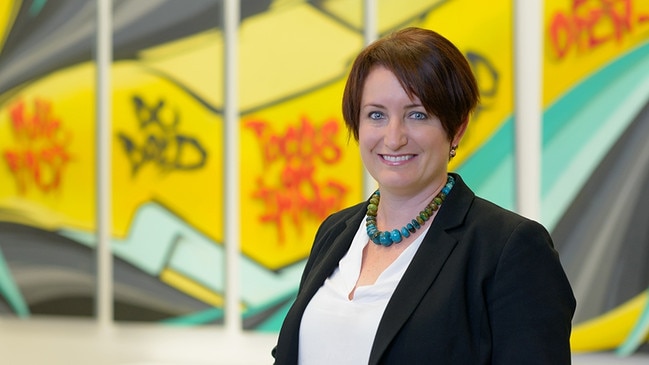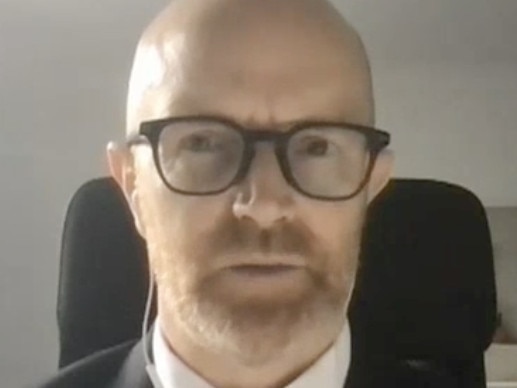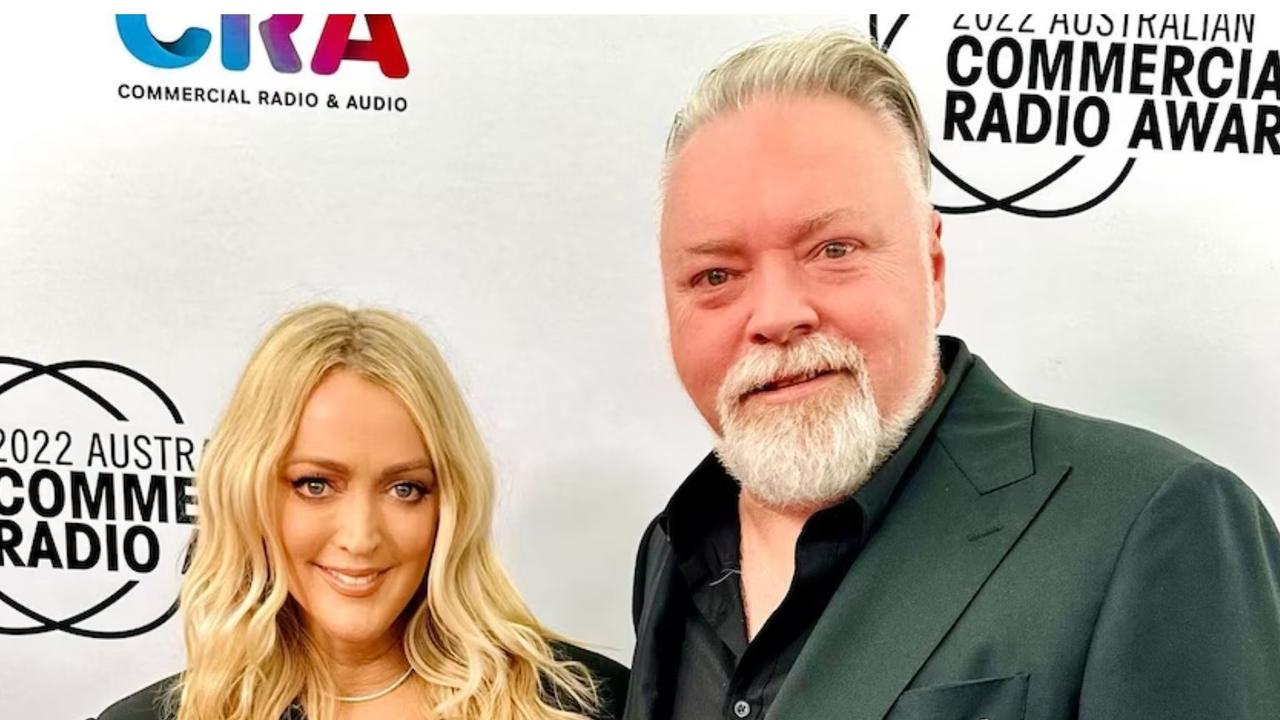‘We are not bullies,’ says Facebook
Facebook denies it intended to bully the government and intimidate parliament when it removed news from its platform.

US tech giant Facebook denies claims it intended to bully the Australian government and intimidate parliament when it removed news from its platform, with local executives defending the company’s tactics in their first public appearance since the passage of the world-first news media bargaining code.
Fronting a Senate inquiry into media diversity, Facebook head of public policy for Australia and New Zealand Mia Garlick blamed the parliamentary process for forcing the tech giant’s hand when it decided to block all Australian news earlier this year.
“When (the code) resoundingly passed the house with bipartisan support, it was clear from all parties there would be no amendments made,” Ms Garlick said.
“At the time consistent with our entire process that we’ve been engaged in, we were also engaged in active commercial conversations with Australian publishers because we remained optimistic we could have a workable version of the code land and continue to bring investment to Australia.
“And we felt it was completely disingenuous for us to continue those conversations throughout the week when all indications were that there would be no amendments made. And so that was the reason for having (blocked news), when it passed the house.”
The company’s vice-president of policy for the Asia-Pacific region, Simon Milner, said the draft legislation presented “unknowable liabilities” for the company, and Facebook’s news ban was an attempt to protect itself.

“That’s why we acted, not because we were trying to influence media diversity in Australia,” he said.
“The legislation fundamentally misunderstood how news works on Facebook.”
The tech giant was widely criticised for removing the Facebook pages of charities including Save the Children Australia and the Kids Cancer Project, as well as government agencies including the Bureau of Meteorology, which were all caught up in the news ban.
For the decisions that Scott Morrison labelled as being “as arrogant as they were disappointing”, Ms Garlick apologised on behalf of the company and called them errors.
“There were certainly errors in our enforcement, for which we’re truly sorry,” she said.
“And we worked really swiftly, particularly with a lot of the emergency service stakeholders that we have long-term relationships with, to restore their pages as soon as we could.”
Ms Garlick said following a backdown earlier this year, in which chief executive Mark Zuckerberg landed an agreement with Josh Frydenberg to pay for news content, the company was now focused on finalising financial deals with news publishers.
She said the company has signed six deals worth tens of millions of dollars a year in aggregate. “We understand that the committee has expressed concern in previous hearings about the news media bargaining legislation and our initial response to that law, and the impact on smaller publishers,” Ms Garlick said.
“I want to reaffirm that our current focus is on concluding deals, commercial deals, with a range of Australian publishers, and we’re also planning to launch an initiative in the coming months to support smaller regional and rural publishers.”
News Corp Australia, publisher of The Australian, and Nine have already landed multi-million-dollar deals with Facebook, as have Seven West Media, Solstice Media and Crikey owner Private Media.
Facebook is still negotiating with other outlets, including Guardian Australia and the ABC.
Mr Milner said the bargaining code had not forced the tech giant to pay for news in Australia, and it had been planning on doing so anyway.
“We made clear that we were keen to move forward with Facebook News in Australia last year … And we’re not doing this because of the news media bargaining code legislation,” Mr Milner said.
He said Facebook was aiming to bring its News platform to Australia by the end of the year.






To join the conversation, please log in. Don't have an account? Register
Join the conversation, you are commenting as Logout